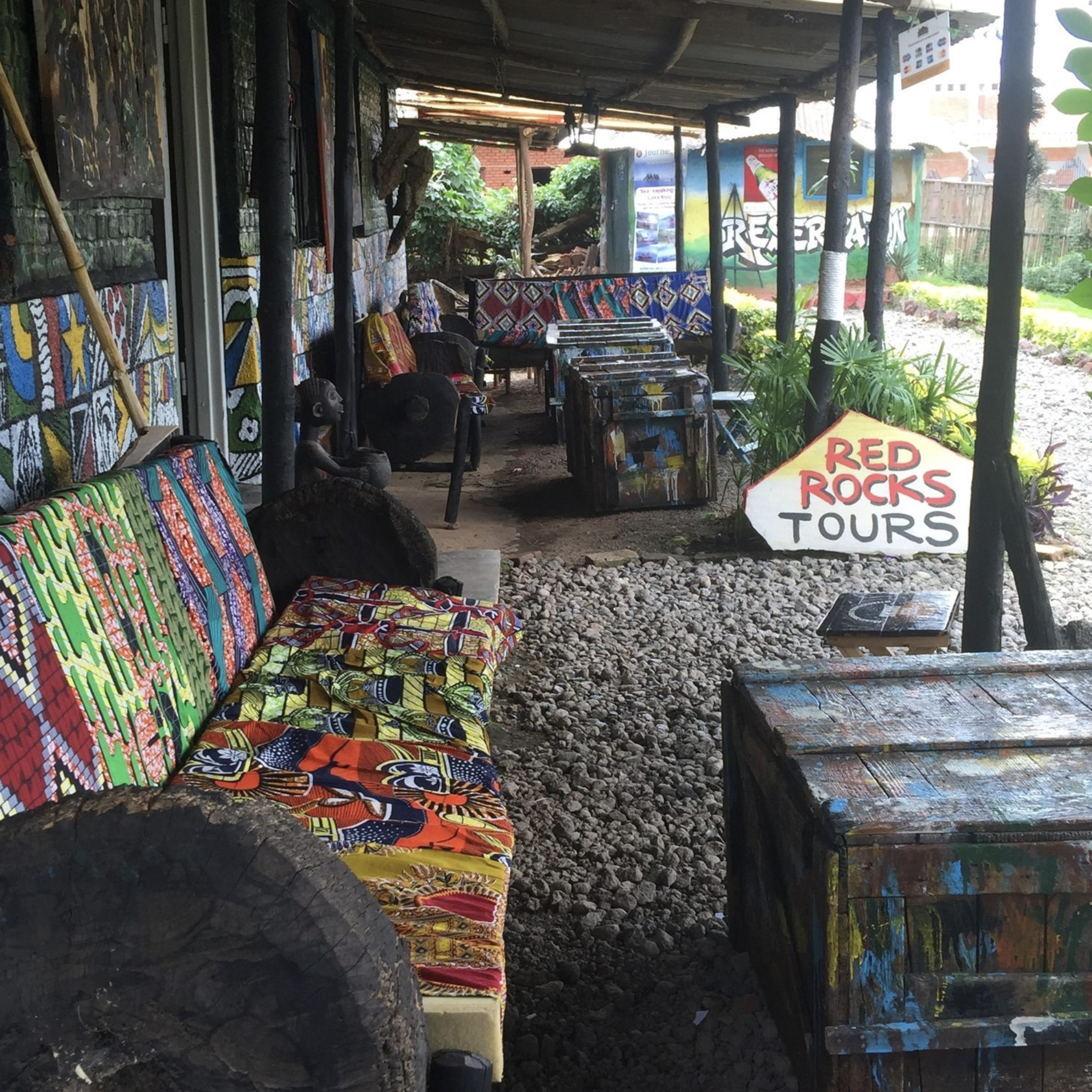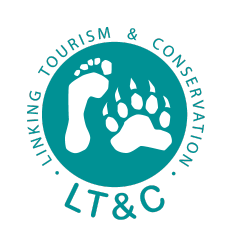Greg Bakunzi, our emperor penguin member, and owner of Amahoro Tours, provided us with the following update on his charity engagement with RED ROCKS, which we would like to share with you:
Red Rocks Initiatives for Sustainable development (RRISD) have scaled up our conservationist approach by engaging and forging mutually beneficial partnerships with conservation professionals and community development organizations to provide specialist input required to operate in a truly impactful way. The model employed by RRISD is based on a pragmatic ripple effect approach generating a multiplier effect in 30 communities in which it operates. Surplus income, produced through its ecotourism operations, enables workers and/or their family members to start up their own small businesses or pass on income to other community members by buying local goods, paying for childcare and other services. The value chain generated through RRISD’s operation has become stronger year by year with approximately 30 community members being directly positively impacted upon.
In addition to this, RRISD’s partnership with the IGIHOHO SUPPORT COOPERATIVE program promotes sustainable forest management, balancing social, environmental and economic concerns to meet today’s needs (i.e. agricultural and logging), while guaranteeing the survival of local forests for future generations.
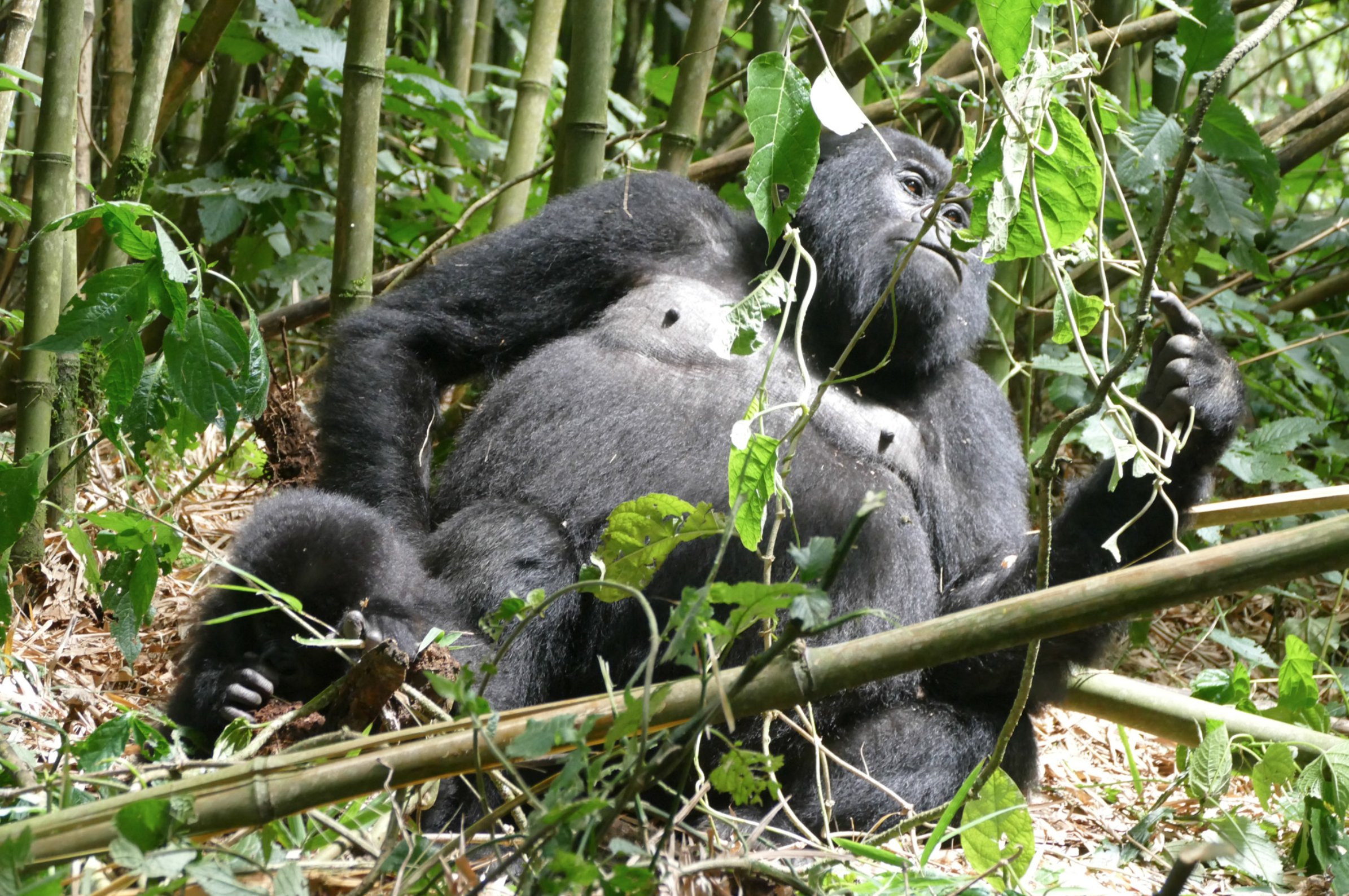
Another example includes RRISD’s collaborations with local visual artists and an art gallery in Kinigi, which has become a hub for Musanze’s tourism industry and Rwanda in general by sensitizing audiences about conservation and tourism through art classes and artists’ artwork aimed at promoting environmental protection for the survival of endangered animal and plant species.
Of similar importance is the work of RRISD with the Botanical Gardens around Volcanoes National Parks, where RRISD is involved in protecting indigenous plant species, particularly those used for traditional medicine and healing. In addition to this, RRISD is involved in encouraging and supporting families to grow nutritious foods in their backyards, sensitizing the local community about the benefits of nutritious foods, providing them with vegetable seeds to grow as well as small livestock’s, such as sheep, goat and local chicken.
In 2017, RRISD joined forces with Kahuzi-Biega Community ConservationTrust in the eastern Democratic Republic of Congo (DRC) to identify mutually beneficial and inclusive ways to harness Tourism, Conservation and Sustainable Community Development in and around Kahuzi-Biega National Park. Under the Karibu Community Conservation Trust Fund, the mentioned partnership aims to bring together
conservationists, nature lovers and other environmental management patrons. Together they get engaged in
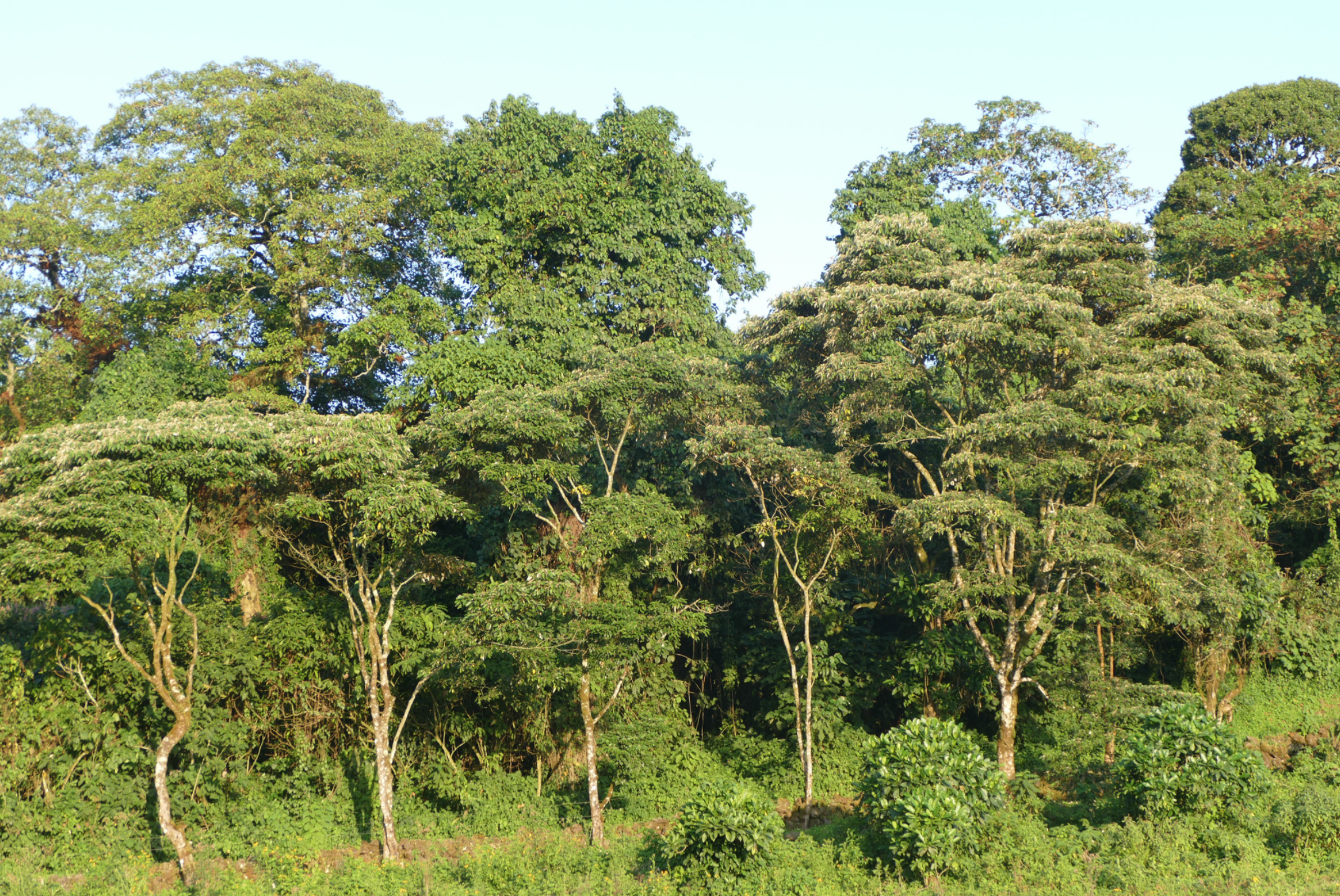
RRISD strongly believe in the paramount importance of empowering local communities through education and entrepreneurship, which have proved to go hand in hand with the conservation of the natural environment. RRISD’s experience has proved that where and when local communities have been enabled to gain (directly or indirectly) from thriving tourism in their backyards, they become key in protecting their
environment and move away from illegal activities like poaching or logging in protected areas, which are activities deeply rooted in histories of rural poverty and marginalization, often leading to irreversible threats to many species, including the iconic mountain gorillas.
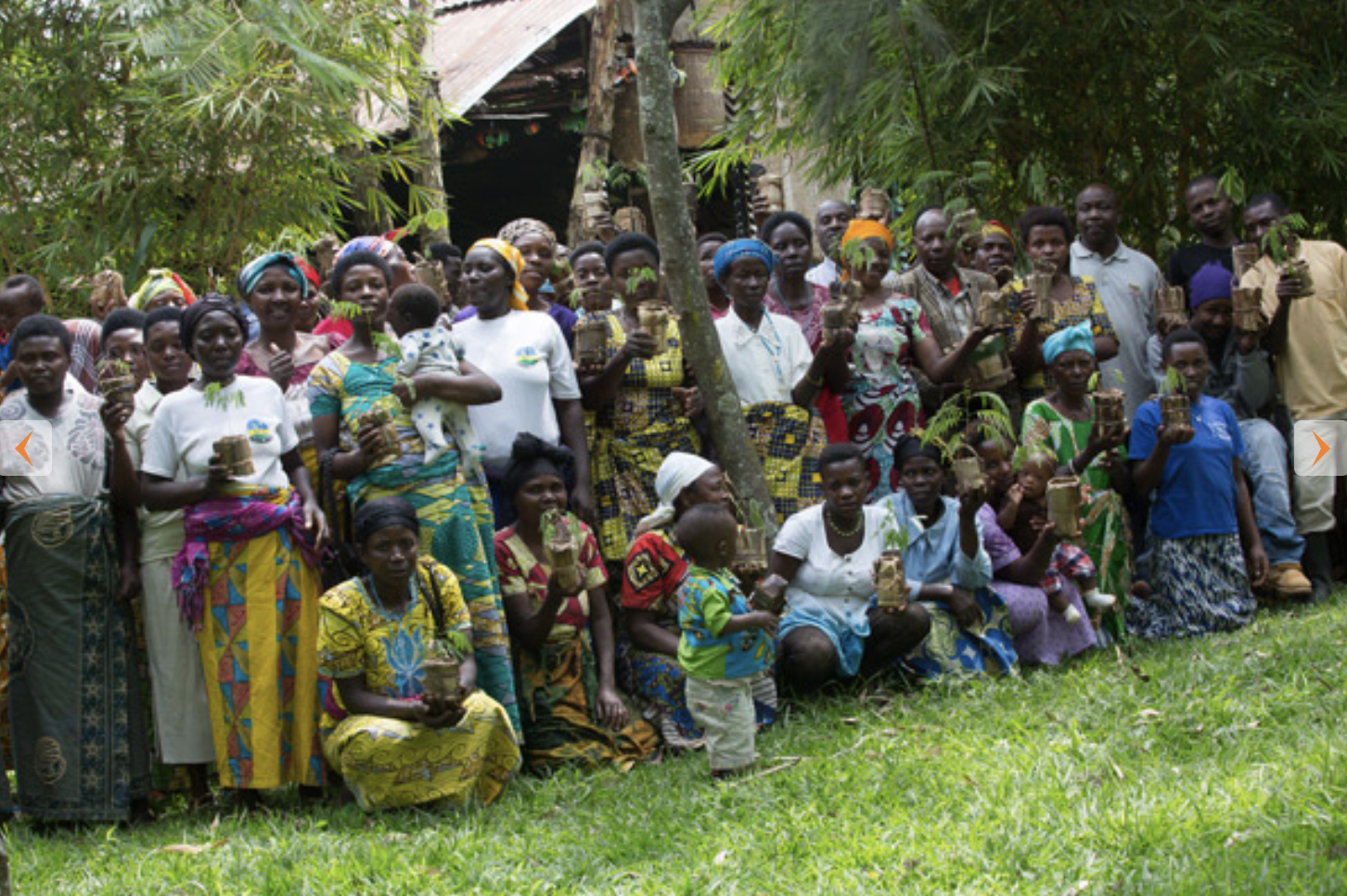
When I started in 2002 Amahoro tours, I got the idea of promoting tourism after establishing a community eco-tourism association. I met with international tour operators who assisted in sending clients into Rwanda. I with my team do all the ground handling of tourism-related services, ranging from booking rooms at hotels and lodges, booking gorilla permits, offering airport shuttle services and car hire services at very low rates. Thus we gained more clients and increased sales. Thereafter I thought of the idea of linking tourism, conservation and community developments projects. It is in this regard I established Red Rocks as an intercultural
As I earlier stated, Amahoro Tours as a well-established tour company specializing in eco-tourism and community-based tourism in Rwanda, brought up the idea of establishing Red Rocks, so any client who books a tour with Amahoro tours is encouraged to also do the community-based activities. In turn, community members at Red Rocks get a share of tourism in Rwanda. This leads to that they get involved in the conservation of our environment and the mountain gorillas. Amahoro tours clients usually visit Red Rocks and do the community tours thus they support the idea at Red Rocks to connect tourism and community development programs for sustainable development of the population residing on the slopes of the volcanoes national park. At Red Rocks we offer budget accommodation to our clients and make sure they get a different cultural experience while in Rwanda.
RRISD is a nonprofit organization with its own statues and is sustained by both Amahoro Tours and Red Rocks Intercultural
destinations but also provides invaluable research opportunities for academia, which include fellowship placements with sustainable-focused projects across Africa, providing opportunities for hands-on learning and service. We make students and young professionals learn about critical environmental issues and they contribute to creating solutions across Africa. Our initiatives bring under-served communities into the tourism supply chain and support community development projects that help people to help themselves. This way they become aware of conserving the environment and the mountain gorillas and their habitat.
